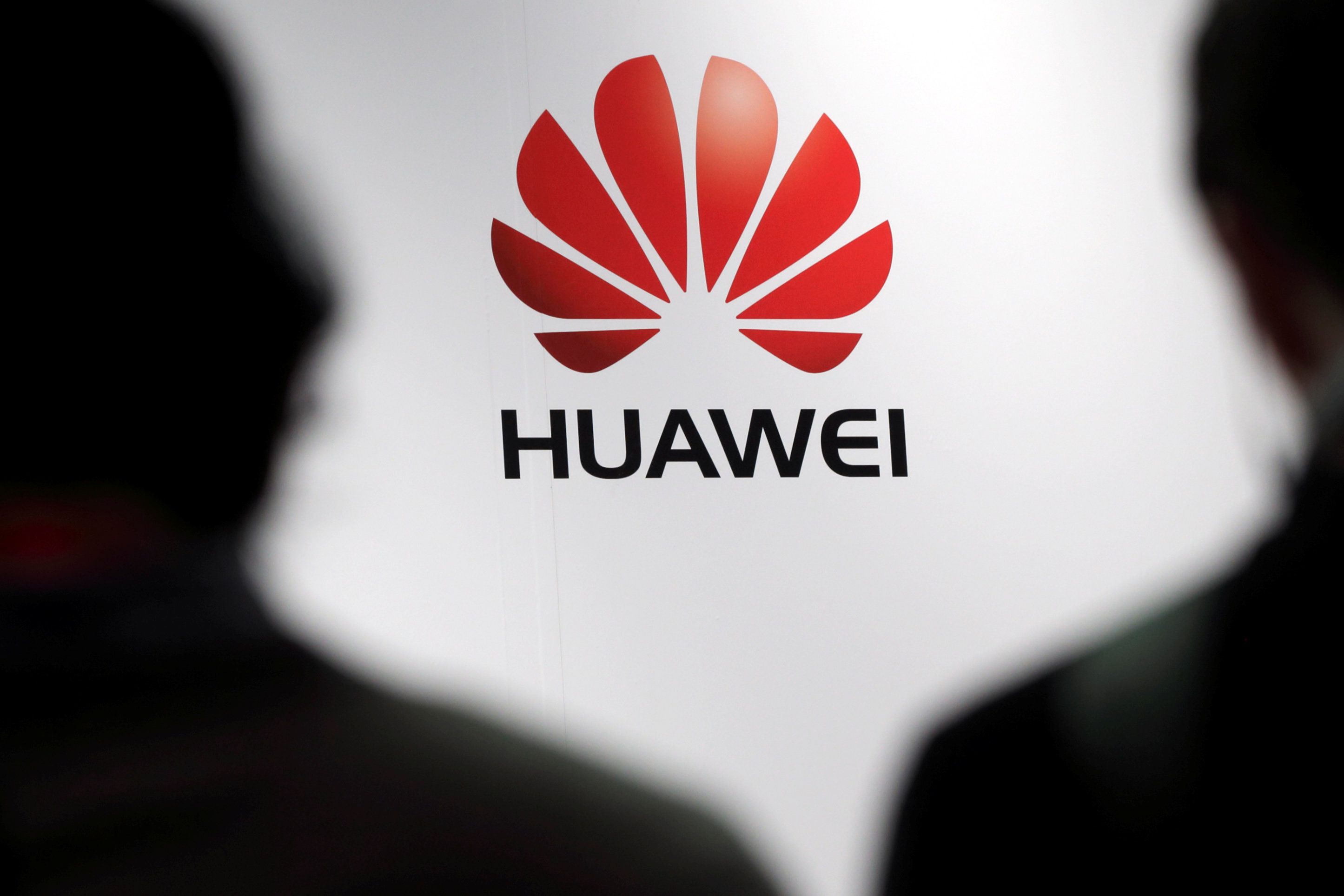Back in January, we warned that an intensifying "Tech Cold War" between the US and China over technology and trade could plunge global innovation into a deep freeze as both countries impose fresh restrictions on the free flows of money, people, and information that (throughout history) have powered new ideas.
We're not at the winter solstice of innovation just yet, but the US's move last week to restrict Chinese networking equipment giant Huawei's access to US markets and technology sent an awfully chilly wind through the tech sector.
Here are two ways that a decoupling of the Chinese and American tech sectors could damage innovation in the US:
- Less good money: Huawei spends roughly $10 billion a year buying hardware and software from US firms. Total Chinese tech industry purchases are many times greater than that. A portion of that money is reinvested by Silicon Valley in R&D to help develop the next generation of innovative tech products. If Chinese firms can't – or won't – buy from American companies, a lot of R&D cash will vanish.
- Fewer good brains: US semiconductor companies are already struggling to hire highly coveted Chinese engineers as the Trump administration slow-rolls their visa applications over national security fears. But top tech talent is hard to come by, and there aren't always qualified workers from the US or other countries available to pick up the slack.
The upshot: The United States has plenty of well-founded grievances with how China runs its economy and its increasingly powerful tech sector. But the costs of Washington's more confrontational approach are already becoming apparent. Those costs will rise further if the US and China's deeply linked tech sectors decouple more fully and formally, as some China hawks in the US hope. At what point do the costs start to outweigh the benefits?
